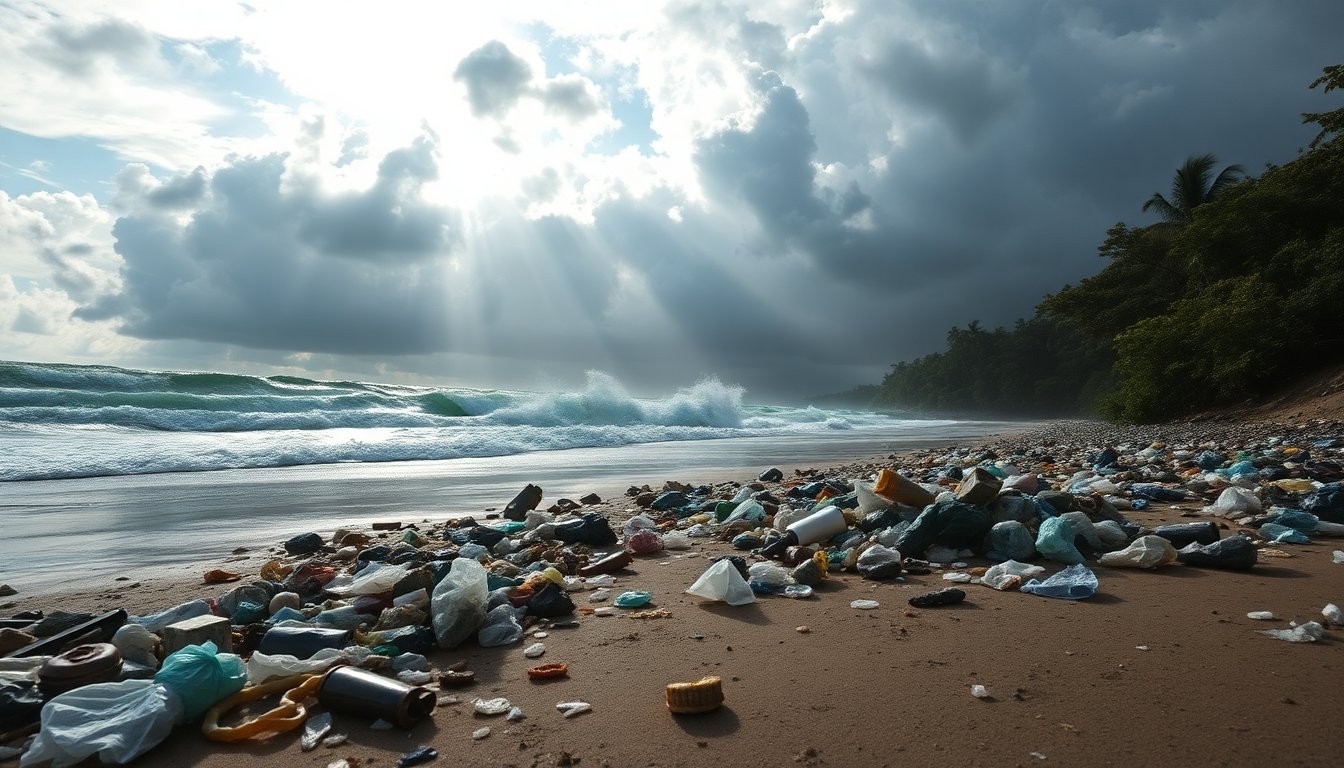Table of Contents
The climate crisis is intensifying, as shown in a recent report from the United Nations’ weather agency, the World Meteorological Organization (WMO). The agency reported that carbon dioxide levels in the atmosphere reached unprecedented heights last year. This surge poses a significant threat to the planet’s climate systems. This increase is not just a number; it signifies a critical shift in our environment, already evident through the rise in frequency and severity of extreme weather events.
Unprecedented increase in carbon emissions
The World Meteorological Organization (WMO) has reported a concerning rise in global carbon dioxide levels. The global average concentration has experienced its largest annual increase since records began in 1957. From 2023 to 2024, the annual growth rate surged to 3.5 parts per million (ppm), significantly higher than the decade-long average of 2.4 ppm. These levels of carbon dioxide are now comparable to concentrations last observed over 800,000 years ago, highlighting a stark deviation from historical norms.
The role of fossil fuels in climate change
The emissions generated from burning fossil fuels, including coal, oil, and natural gas, are significant contributors to climate change. The increasing frequency of wildfires further exacerbates this crisis. This alarming trend creates a vicious cycle where human activities aimed at economic growth undermine the very ecosystems that help mitigate emissions. As our oceans and forests struggle to absorb rising levels of carbon dioxide, the delicate balance of the carbon cycle is thrown into disarray.
Impact of increasing greenhouse gas emissions
The rise in greenhouse gas concentrations is driving significant changes in the Earth’s climate. These gases trap heat in the atmosphere, which accelerates climate change and results in a range of extreme weather events globally. According to WMO Deputy Secretary General Ko Barrett, the implications of greenhouse gas emissions extend beyond environmental issues; they threaten economic stability and public health as well.
The fragile state of the carbon cycle
Concerns are growing regarding the rising levels of carbon dioxide, which may signal a disruption in the established carbon cycle. This cycle has traditionally maintained a balance, where carbon emissions from human activities are countered by natural processes that absorb carbon, such as photosynthesis in forests and the ocean’s capacity to absorb carbon dioxide. However, with emissions continuing to increase without restraint, the planet’s natural ability to mitigate these gases is weakening, intensifying the warming effect.
Urgent action is essential
The World Meteorological Organization’s findings highlight the pressing need for immediate measures to reduce emissions. Achieving a sustainable future relies on our capacity to lower our carbon footprint and strengthen the resilience of our ecosystems. Investing in renewable energy sources and enforcing strict emissions policies will aid in restoring balance to the carbon cycle and alleviating the impacts of climate change.
The unprecedented levels of carbon dioxide in our atmosphere serve as a stark reminder for society to take swift and significant action. The relationship between human activities and the environment is fragile, and neglecting this escalating crisis could result in irreversible damage to our planet and future generations.


